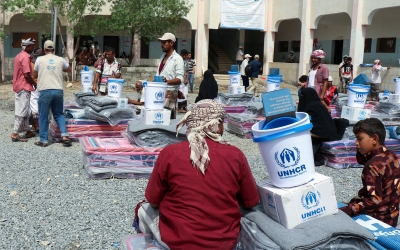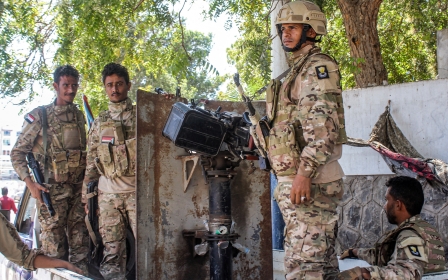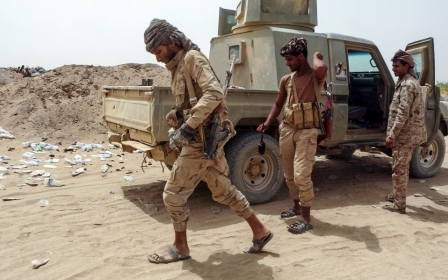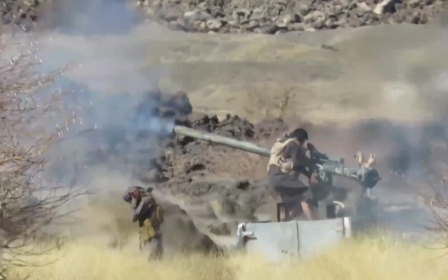Yemen: UN votes to end war crimes investigation
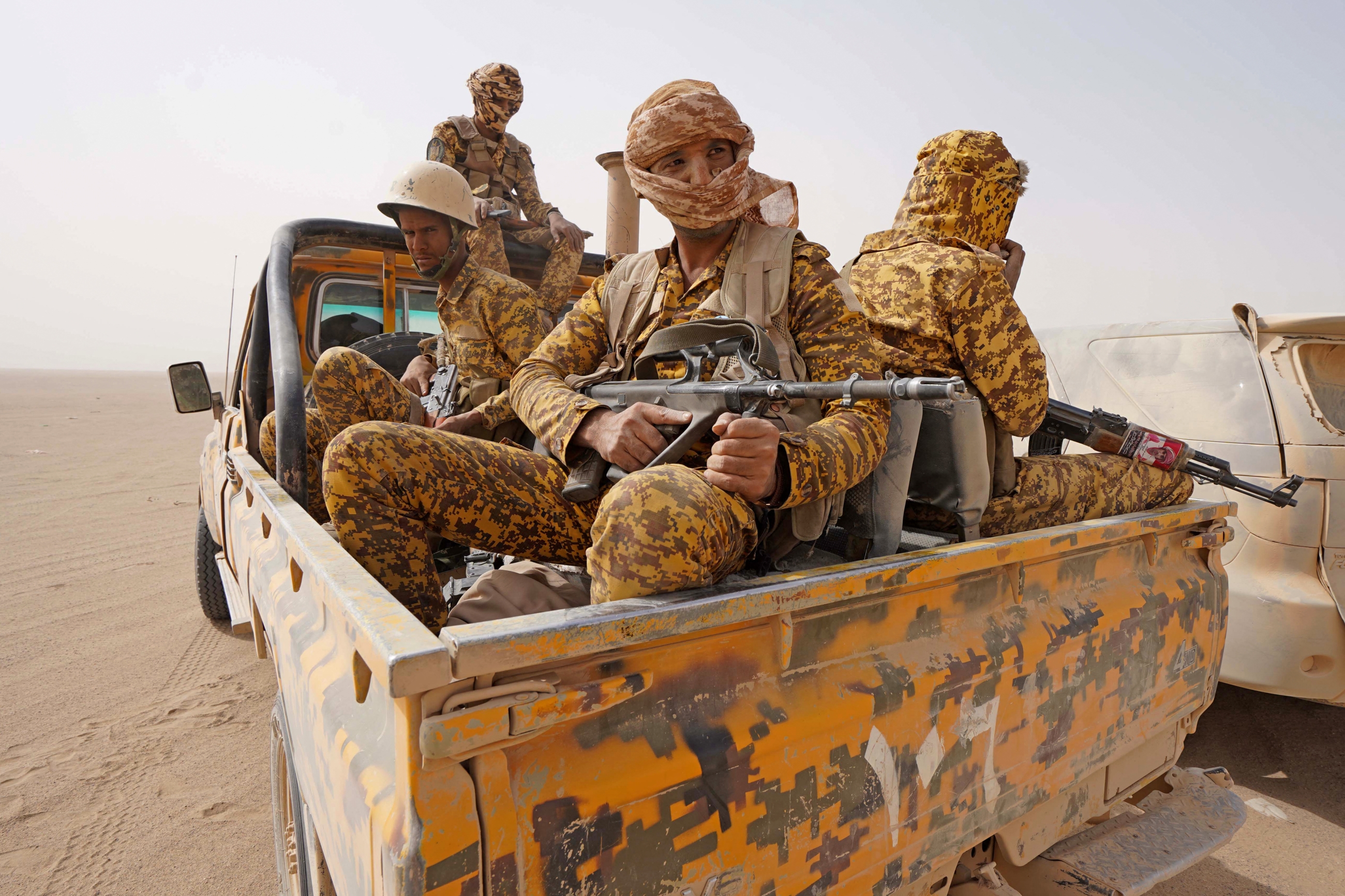
The United Nations Human Rights Council has voted against renewing the body's mandate for investigating war crimes in Yemen, in a blow to western states who wanted to keep the mission going.
In a 21 to 18 vote called by Bahrain, members of the rights council narrowly voted to reject a resolution led by the Netherlands to give the independent investigators another two years to monitor atrocities in Yemen's conflict.
It marked the first time in the council's 15-year history that a resolution was defeated, Reuters reported.
China, Cuba, Pakistan, Russia, Venezuela and Uzbekistan were among the countries that voted against the resolution, while Britain, France and Germany voted to support it. Seven countries abstained from voting.
The United States, which only has observer status, was unable to cast a ballot on the measure.
Dutch ambassador Peter Bekker said the vote was a major setback.
"I cannot help but feel that this Council has failed the people of Yemen," he told delegates.
"With this vote, the Council has effectively ended its reporting mandate, it has cut this lifeline of the Yemeni people to the international community."
Earlier this week, rights groups including Human Rights Watch warned that Saudi Arabia was lobbying heavily against the Dutch resolution, which was backed by western states.
Riyadh is not a voting member of the council, and the Saudi mission to the UN did not respond to Middle East Eye's request for comment by the time of publication.
During the debate, Bahraini ambassador Yusuf Abdulkarim Bucheeri said the international group of investigators had "contributed to misinformation on the ground" in Yemen.
'Abandoning the people of Yemen'
The conflict in Yemen erupted in September 2014 when the Houthis seized the capital, Sanaa, sparking a civil war that forced President Abd Rabbu Mansour Hadi to seek refuge in Aden and then Saudi Arabia.
The kingdom and its regional allies, including the United Arab Emirates and Bahrain, intervened in March 2015 and have since carried out more than 22,000 air strikes in an effort to roll back the Houthis, with one-third striking non-military sites - including schools, factories and hospitals, according to the Yemen Data Project.
The protracted conflict has seen more than 230,000 people killed, an estimated four million displaced, and has left 80 percent of the country's 29 million people dependent on aid for survival, according to the UN.
The UN has declared it the "world's worst humanitarian crisis", as heavy artillery and air strikes have hampered access to health care and increased pressure on the few facilities that are still functioning.
The Group of Eminent Experts (GEE) on Yemen have said in the past that potential war crimes have been committed by all sides in the conflict, including the Saudi-led coalition and the Houthis.
The experts said last year that a number of western countries - including the US, France, the United Kingdom, and Canada - are fuelling the conflict by continuing to supply weapons to the Saudi-led coalition.
Radhya al-Mutawakel, chairperson of the independent Yemeni activist group Mwatana for Human Rights, said she was deeply disappointed by the vote.
“In voting against the renewal of the GEE’s mandate, they have voted to abandon the Yemeni people," she said.
"By voting against the renewal of the GEE today, UN member states have given a green light to warring parties to continue their campaign of death and destruction in Yemen."
Heba Morayef, Middle East and North Africa regional director at Amnesty International, said in a statement that Thursday's vote will allow "all sides to the conflict to carry on with their egregious violations which have upended the lives of millions of Yemenis over the past years".
Middle East Eye delivers independent and unrivalled coverage and analysis of the Middle East, North Africa and beyond. To learn more about republishing this content and the associated fees, please fill out this form. More about MEE can be found here.


